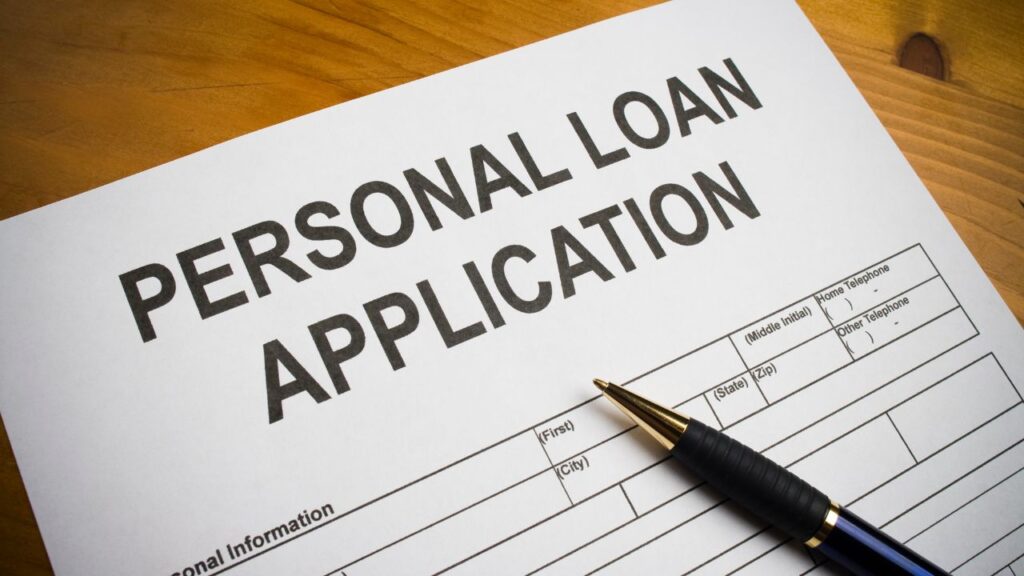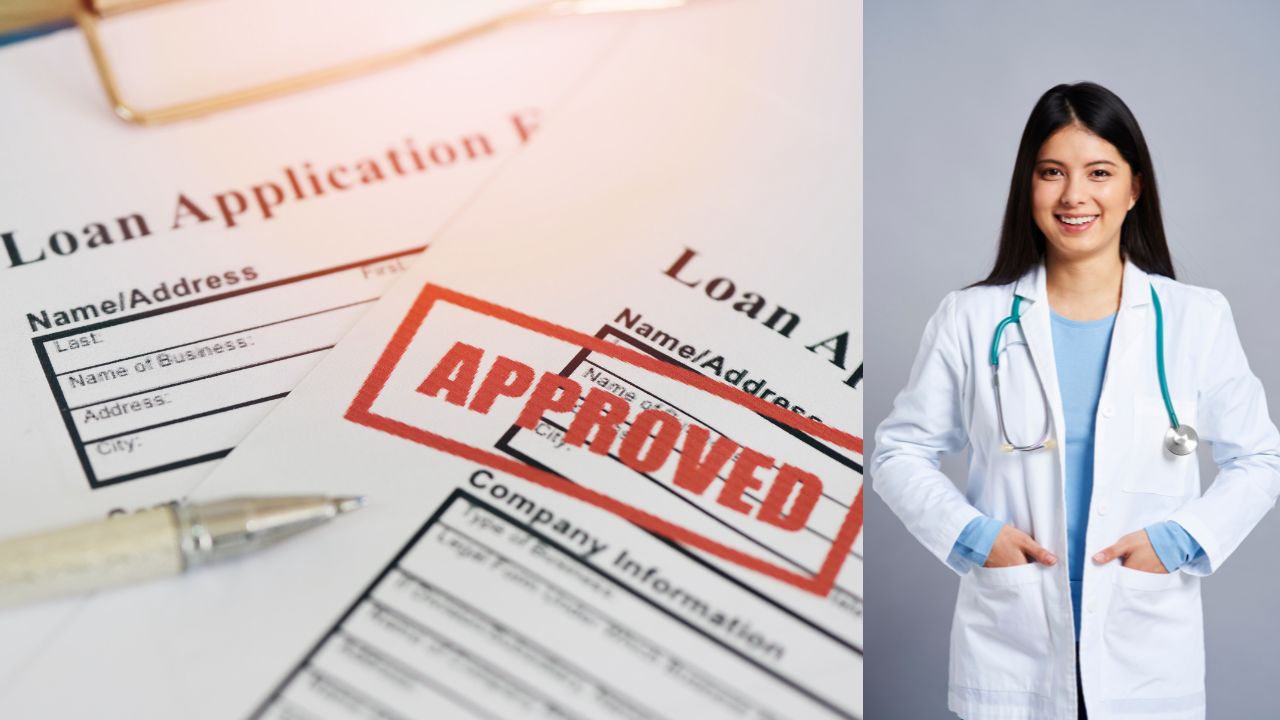Navigating the financial landscape as a doctor can be a unique challenge. While physicians often enjoy lucrative salaries, many face significant expenses, from student loans to the costs of running a practice. This is where a personal loan for doctors can become an invaluable tool. In this article, we’ll explore how personal loans can specifically benefit medical professionals, addressing everything from managing debt to funding personal projects.

Understanding Personal Loans
A personal loan is an unsecured loan that can be used for various purposes, such as consolidating debt, covering unexpected expenses, or financing a major purchase. Unlike mortgages or car loans, which are secured by collateral, personal loans typically rely on the borrower’s creditworthiness. This makes them accessible, especially for professionals like doctors who often have strong credit profiles.
Why Doctors Might Need a Personal Loan
Despite their high earning potential, many doctors find themselves in need of additional funds. Here are a few reasons why:

- Student Loan Debt: Many physicians graduate with substantial student debt, which can take years to repay. A personal loan can help consolidate these debts into a single monthly payment, potentially at a lower interest rate.
- Starting a Practice: New doctors often need funds to set up their own practice, covering expenses like rent, equipment, and marketing. A personal loan can bridge the gap until the practice becomes profitable.
- Unexpected Expenses: Whether it’s a medical emergency or urgent home repairs, life can throw curveballs. Personal loans can provide quick access to funds when you need them most.
- Lifestyle Purchases: From buying a new car to financing a family vacation, personal loans can help doctors achieve their personal financial goals without depleting savings.
Benefits of Personal Loans for Doctors

1. Flexible Use of Funds
One of the standout features of a personal loan for doctors is its versatility. Whether you need funds for professional development, consolidating existing debts, or a personal endeavor, a personal loan can accommodate various financial needs.
2. Competitive Interest Rates
Doctors often qualify for lower interest rates due to their high earning potential and solid credit scores. This can make personal loans a cost-effective solution for borrowing.
3. Quick Access to Cash
In urgent situations, time is of the essence. Personal loans can be processed quickly, allowing doctors to secure the funds they need without lengthy delays.
4. Build Credit History
Using a personal loan responsibly can help enhance your credit score. Timely repayments demonstrate financial responsibility, which can be beneficial when applying for mortgages or business loans in the future.
5. No Collateral Required
Unlike secured loans, personal loans do not require collateral. This means you won’t have to risk your home or other assets to obtain financing, making it a safer option for many professionals.
How to Obtain a Personal Loan as a Doctor

Step 1: Assess Your Financial Needs
Before applying for a personal loan, take a moment to evaluate why you need the funds. Are you looking to consolidate debt or cover a specific expense? Knowing the purpose will help you determine the loan amount and repayment terms that best suit your situation.
Step 2: Check Your Credit Score
Your credit score will play a significant role in the interest rate you receive. Most lenders prefer scores above 700, so it’s a good idea to check your credit report and address any discrepancies before applying.
Step 3: Research Lenders
Not all lenders are created equal. Look for those that specialize in offering personal loans for doctors, as they may have tailored options and favorable terms. Compare interest rates, fees, and repayment schedules to find the best fit for your needs.
Step 4: Prepare Your Documentation
When applying for a personal loan, you’ll typically need to provide proof of income, employment verification, and other personal information. Having these documents ready can expedite the application process.
Step 5: Submit Your Application
Once you’ve found a lender that meets your needs, it’s time to submit your application. Be honest and thorough in your disclosures to avoid potential issues down the line.
Step 6: Review Loan Terms Carefully
If approved, carefully review the loan agreement. Pay attention to the interest rate, repayment terms, and any potential fees. If everything looks good, sign the agreement and await the funds.
Personal Loan Repayment Strategies
Once you secure a personal loan, it’s essential to have a repayment strategy in place. Here are some tips to help you manage your loan effectively:
1. Create a Budget
Incorporate your loan repayment into your monthly budget. Factor in your income, essential expenses, and discretionary spending to determine how much you can allocate towards loan payments each month.
2. Set Up Automatic Payments
Setting up automatic payments can help ensure you never miss a due date. This not only helps with timely repayments but can also positively impact your credit score.
3. Make Extra Payments When Possible
If your financial situation allows, consider making extra payments towards your loan principal. This can help reduce the overall interest you pay and shorten the loan term.
4. Monitor Your Progress
Regularly check your loan balance and repayment progress. This can keep you motivated and help you adjust your budget as necessary.
Common FAQs about Personal Loans for Doctors
1. What is a personal loan for doctors?
A personal loan for doctors is an unsecured loan designed specifically for medical professionals, often with favorable terms, to help them manage expenses, consolidate debt, or fund personal projects.
2. Can I use a personal loan to consolidate student loans?
Yes, many doctors use personal loans to consolidate their student loans, allowing them to simplify their payments and potentially secure a lower interest rate.
3. What are the typical interest rates for personal loans for doctors?
Interest rates can vary widely based on credit score, income, and lender policies. However, doctors often qualify for lower rates due to their high earning potential.
4. How long does it take to get approved for a personal loan?
Approval times can vary, but many lenders offer quick decisions—sometimes within a few hours to a couple of days.
5. Are there any risks associated with personal loans?
Like any loan, there are risks, including potential debt accumulation if not managed properly. It’s essential to borrow responsibly and ensure that repayment fits within your budget.
Conclusion
A personal loan for doctors can be a powerful financial tool, providing the necessary funds to tackle debt, invest in a practice, or fulfill personal goals. By understanding the benefits, following the steps to secure a loan, and implementing smart repayment strategies, you can navigate your financial landscape with confidence.
If you’re a doctor considering a personal loan, take the time to assess your needs, shop around for the best rates, and ensure that you’re making a decision that aligns with your financial goals. Don’t hesitate to reach out to financial advisors who can provide tailored advice based on your unique situation.




